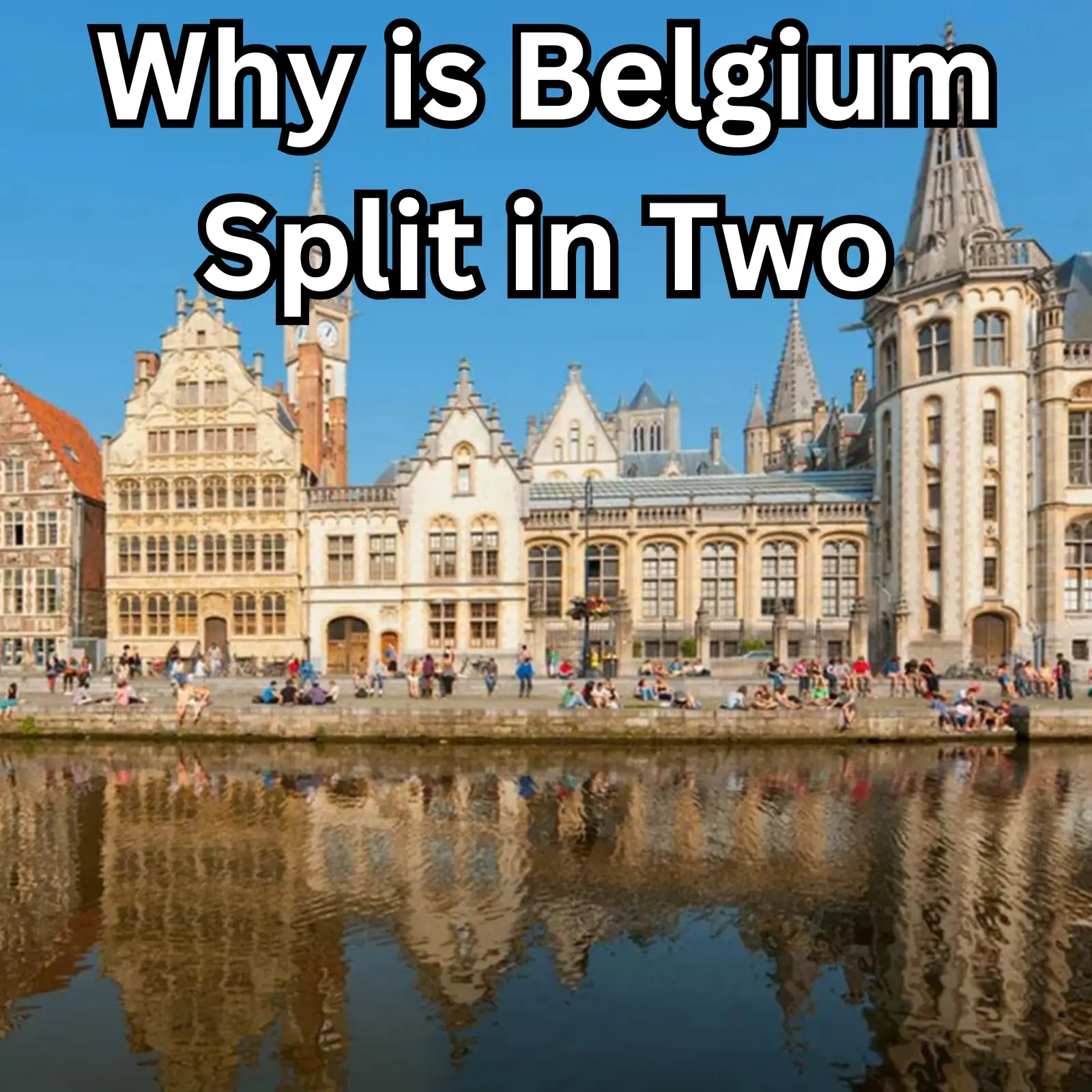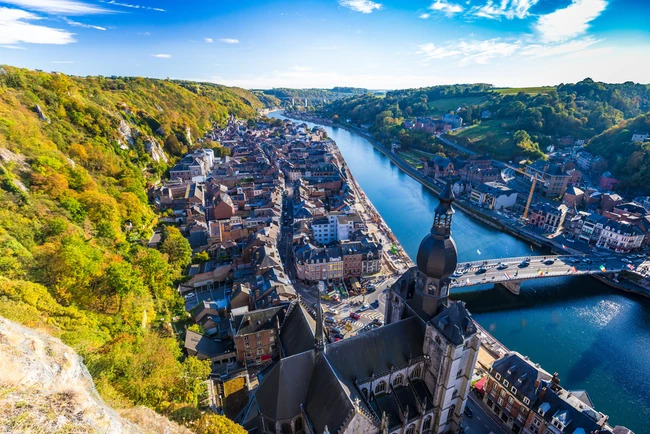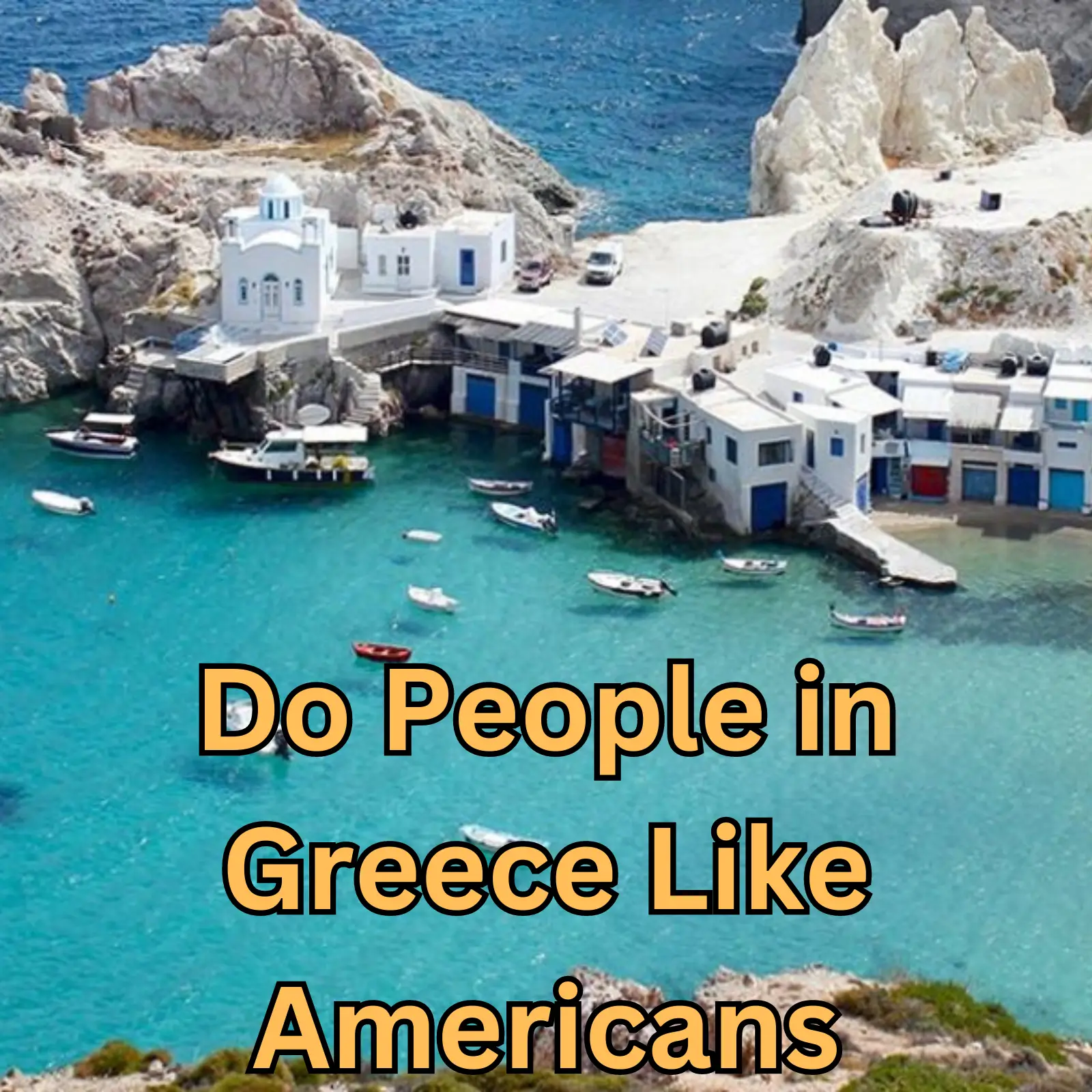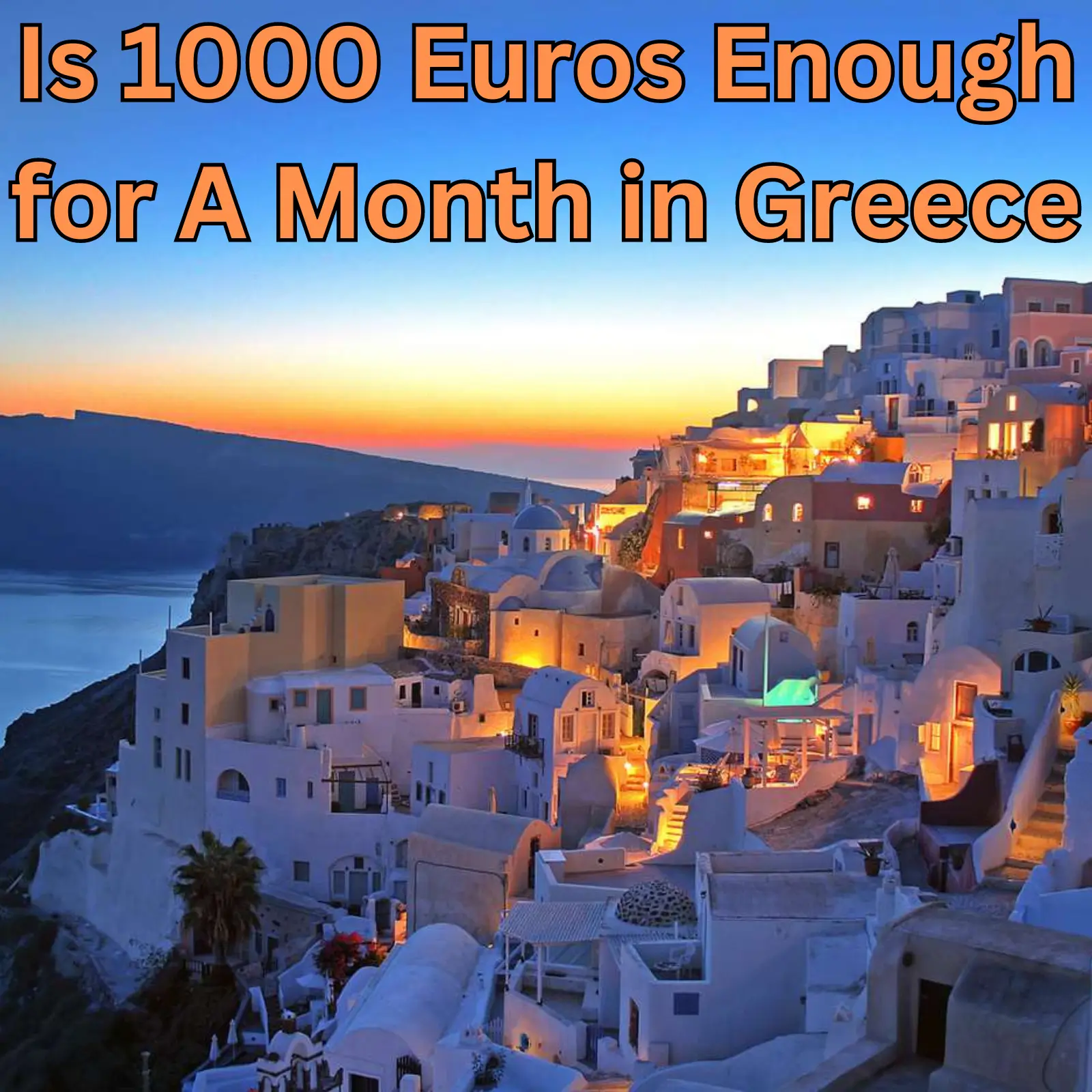
Why is Belgium Split in Two

Why is Belgium Split in Two
Introduction
In the evening hours of Belgium’s National Day in 2018, King Philippe of Belgium recorded a short message meant to address the Belgian citizenry nothing out of the ordinary for a European country, right? But in this case, it was recorded in three different languages! these being: Dutch, French and German.
In this speech King Philippe made a strong emphasis on Belgium’s national unity, diversity and human spirit. At the end of his speech, he said a common phrase in Belgium: Vive la Belgique. Leve België. Es lebe Belgien. Long live Belgium.
Normally most people would certainly think this is normal in Europe, after all these people speak a bunch of different languages, right? Well not exactly!
If you’re from North America, you have probably heard it before, long speeches about the unity of the nation in this case the United States, but for those of us actually living today, we’ve never been faced with a situation in which the country is looking to separate, things are different in Belgium so this message by the king of Belgium is more than a mere formality.
Since king Philippe’s assumed his duties as king of Belgium there have been five different governments that managed the country, and a in all of these a growing number of politicians and leaders have called for Belgium to separate into its three biggest parts: the part that speaks Dutch is called Flanders in the north of the country, while the francophone part of the country is in the south called Wallonia.
Belgium is a small example of what the EU aspires to be, a multicultural effort for cooperation between people of different backgrounds. But like the European Union it faces constant challenges from nationalism and populists’ leaders in recent times.
It’s complicated

Belgium Town
If you look at a map of Europe you will see the big names like France, Germany and Spain come up. What these countries have in common is a language has a national identity. The kingdom of Belgium instead is a unique country by modern European standards, cultural diversity is actually enshrined into their constitution. This might be one of the reasons why the European Union has so many institutions right in the middle of Belgium in Brussels.
It’s possible that since the inception of the European Union, the leaders of the time saw Belgium as an example to follow, the effort seems to have paid off to this day, with the European Union being the most advanced and progressive Union of Nations in the world where some of the most progressive policies are made in the world.
But beneath the shiny exterior there are problems brewing inside Belgium. The unity of Wallonia and Flanders is not as strong as it would appear from the outside. The geographical and language differences between these two sides have caused political disagreements for years. Until now both regions enjoy relative autonomy, as do Brussels and the German sections of Belgium.
In Belgium’s political landscape it is very common for these regions to completely disagree on the composition of political organizations like the federal government and they elect wildly different types of leaders to represent them. Wallonia and Brussels tend to go for the left-wing, pro-enviroment policies that you expect from Belgium but Flanders has turned to the right in the last decade. This political division, combined with the language and geographical differences has put a strain on the foundations of the Kingdom of Belgium in recent years.
Will Belgium split apart
Belgium, a country known for its linguistic and cultural diversity, is facing a significant question: Will it split apart? The rising separatist movements in Flanders and Wallonia have sparked debates about the future of this nation.
Divisions and Autonomy
The regional government of Belgium is divided along linguistic and geographical lines, with separate political parties representing Flemings and Walloons. This division has led to disagreements over the direction and composition of the federal government. Flanders, the Dutch-speaking north, and Wallonia, the Francophone south, have distinct political and cultural identities. The relative autonomy enjoyed by these regions, along with Brussels, has further complicated the issue.
Growing Separatist Sentiment
Recent polls indicate a significant increase in support for Flemish independence, with nearly 40% of Flemings favoring separation from Belgium. The New Flemish Alliance and Vlaams Belang, two parties advocating for Flemish separatism, have gained substantial political influence. However, the majority of Belgians still oppose a breakup, and the current government is a coalition of various parties, preventing separatists from taking power.
Economic Considerations
Flanders, often considered more economically stable than Wallonia, benefits from Belgium’s membership in the European Union. If Belgium were to split, it is uncertain whether the newly separated states would automatically retain EU membership. This raises concerns about the economic consequences for both Flanders and Wallonia, as they would find themselves in a precarious position, both inside and outside of Europe. Implications for the European Union: Belgium’s potential breakup raises fundamental questions for the European Union. Brussels, the capital of Belgium and the EU’s administrative center, could potentially become an independent city-state under EU jurisdiction. This scenario would have implications for the concept of a “United States of Europe” and the EU’s motto of being “united in diversity.”
Is Belgium still catholic

Belgium River
Belgium, historically known as a predominantly Catholic country, has experienced significant shifts in religious affiliation in recent years. While Catholicism has played a prominent role in Belgian society, the country has witnessed a decline in religious observance and an increase in secularism.
In the past, Catholicism was deeply ingrained in Belgian culture, with the Catholic Church exerting considerable influence over various aspects of society. However, societal changes, including increased secularization, have led to a decline in religious adherence. Today, Belgium is considered one of the most secular countries in Europe.
According to surveys and studies, the number of Belgians identifying as Catholic has been steadily decreasing. Many factors contribute to this decline, including changing social attitudes, increased individualism, and a growing diversity of religious beliefs. Additionally, revelations of sexual abuse scandals within the Catholic Church have also impacted public trust and confidence in the institution.
As Catholicism wanes, other religious groups have gained prominence in Belgium. Islam, for example, has seen a significant increase in followers, primarily due to immigration from predominantly Muslim countries. Belgium is now home to a diverse range of religious communities, including Protestant, Orthodox, Jewish, and various non-Christian faiths.
Despite the decline in Catholicism, it is important to note that Belgium still retains some Catholic traditions and cultural practices. Catholic holidays, such as Christmas and Easter, continue to be widely celebrated, albeit with a more secularized focus. Additionally, Catholic heritage is evident in the country’s architectural landmarks, art, and historical sites.
So, while Belgium’s Catholic identity has diminished over time, the country remains influenced by its Catholic heritage. The rise of secularism and the increasing diversity of religious beliefs have contributed to a decline in Catholic affiliation. Belgium’s religious landscape has become more pluralistic, reflecting the changing dynamics of a modern and multicultural society.
Conclusion
While the possibility of Belgium splitting apart cannot be ignored, the current political landscape suggests that immediate separation is unlikely. However, the growing nationalist sentiment in Flanders, economic challenges, and cultural differences continue to fuel the debate. The future of Belgium remains uncertain, and the implications of a potential breakup extend beyond its borders, raising questions about the European Union’s unity and diversity.
The United Kingdom’s departure from the European Union serves as a reminder of how significant political shifts can disrupt the status quo. If Belgium, the country where many of the EU’s major institutions are located, were to separate, the consequences would be far-reaching. The stability and functioning of the EU could be significantly impacted, as Belgium’s absence would create a void in the heart of the union.
While it may be difficult to envision such a scenario unfolding in the near future, the overall economic situation and ongoing conflicts, such as the war in Ukraine, contribute to an unpredictable global landscape. If Belgium’s economic conditions continue to deteriorate, it could lead to increased instability and the rise of fringe political parties. These factors could potentially tip the scales towards a significant transformation in the country.
However, Belgium has a history of maintaining a sense of unity despite its linguistic and cultural differences. The country has navigated through challenges in the past and has shown resilience in resolving conflicts. It is our hope that Belgians can find common ground and work towards resolving their differences before the situation worsens.
Related
References
You may also like

Do People in Greece Like Americans

Is 1000 Euros Enough for A Month in Greece

10 Reasons To Travel Young
Archives
- March 2026
- February 2026
- January 2026
- December 2025
- November 2025
- October 2025
- September 2025
- August 2025
- July 2025
- June 2025
- May 2025
- April 2025
- March 2025
- February 2025
- January 2024
- October 2023
- September 2023
- August 2023
- July 2023
- June 2023
- May 2023
- April 2023
- March 2023
- February 2023
- January 2023
- December 2022
- November 2022
- October 2022
- September 2022
- August 2022
- June 2022
- May 2022
- April 2022
- March 2022
- January 2022
- December 2021
- November 2021
- October 2021
- August 2021
- November 2020
- July 2020
- May 2020
- April 2020
- March 2020
- August 2018
- July 2018
- June 2018
- April 2018
- March 2018
Calendar
| M | T | W | T | F | S | S |
|---|---|---|---|---|---|---|
| 1 | ||||||
| 2 | 3 | 4 | 5 | 6 | 7 | 8 |
| 9 | 10 | 11 | 12 | 13 | 14 | 15 |
| 16 | 17 | 18 | 19 | 20 | 21 | 22 |
| 23 | 24 | 25 | 26 | 27 | 28 | 29 |
| 30 | 31 | |||||
Categories
- Aftercare Procedures
- Age Groups
- AI/ML
- Alternative Medicine
- Ambient Computing
- Animal Health
- Animal Husbandry
- Animals
- Anti-Aging
- Architectural Design
- Art And Technology
- Auditory Science
- Augmented Reality
- Automation
- Babies
- Baby
- Beauty & Skincare
- Beauty Industry
- Biohacking
- Biomechanics
- Book Reviews
- Breastfeeding
- Budgeting
- Budgeting Strategies
- Business
- Cardiovascular Health
- Career Advice
- Career Development
- Career Growth
- Cats
- Chess
- Chronobeauty
- Circular Economy
- Civic Technology
- Cleaning Tips
- Cloud Computing
- Cognitive Health
- Cognitive Performance
- Cognitive Science
- Community
- Community Building
- Community Engagement
- Community Living
- Computer Vision
- Consumer Guides
- Consumer Trends
- Container Gardening
- Content Analysis
- Content Non-Technical
- Content Strategy
- Cooking Techniques
- Cooking Tips
- Cosmetic Chemistry
- Cultural Events
- Cycling
- Data Analysis
- Data Engineering
- Data Governance
- Data Science
- Database
- Design Psychology
- Design Trends
- Developer Productivity
- Diet
- Diet
- Diet And Nutrition
- Digital Identity
- Digital Media
- Digital Wellbeing
- DIY
- DIY Projects
- Dogs
- Engineering Culture
- Entertainment News
- Environmental Impact
- Environmental Science
- Equity Compensation
- Ethical AI
- Exercise
- Exercise Science
- Exercise Technique
- Exotic Pets
- Fall Gardening
- Family
- Family Health
- Family Life
- Fashion Business
- Fashion Industry
- Fashion News
- Fashion Tech
- Financial Analysis
- Financial Optimization
- Financial Planning
- Flooring Maintenance
- Food
- Food Psychology
- Food Safety
- Food Science
- Food Tech
- Functional Fitness
- Functional Training
- Future Of Work
- Garden Care
- Garden Maintenance
- Gardening Tips
- Geospatial Data
- Gig Economy
- Greece
- Greek
- Greek Food
- Green Technology
- Gymnastics
- Hardware Engineering
- Health
- Health And Wellness
- Health Informatics
- Health Science
- Health Tech
- Health Technology
- Healthcare
- Healthcare Management
- Healthy Eating
- Healthy Recipes
- Holistic Health
- Holistic Wellness
- Home & Living
- Home Decor
- Home Financing
- Home Health
- Home Improvement
- Home Maintenance
- Home Organization
- Home Styling
- Horticulture
- Household Chemistry
- Identity Management
- Indian Cuisine
- Indoor Gardening
- Industrial Design
- Industry Analysis
- Infant Nutrition
- Infrastructure Management
- Ingredient Deep Dive
- Integrative Health
- Integrative Medicine
- Interior Design
- Internet of Things
- Internet of Things (IoT)
- Invalid Request
- Investment Strategies
- Investment Strategy
- IoT
- Kids
- Leadership Development
- Learning Strategies
- Lifestyle
- Lifestyle Brands
- Lifestyle News
- Lifestyle Optimization
- Literary Criticism
- Literature
- Logistics Management
- Machine Learning
- Material Science
- Materials Science
- Meal Planning
- Media Analysis
- Meditation
- Mental Health
- Mental Performance
- Mental Wellness
- Miami
- Miami Food
- Mind And Body
- Minimalism
- Mobile Development
- Neuroscience
- No Applicable Categories
- Nursing
- Nutrition
- Nutrition News
- Open Source
- Operating Systems
- Operational Resilience
- Opinion
- Organization Tips
- Outdoor Living
- Over 40
- Over 50
- Over 60
- Parenting
- Parenting
- Parenting Strategies
- Performance
- Performance Optimization
- Personal Development
- Personal Finance
- Personal Growth
- Personal Productivity
- Pet Care
- Pet Safety
- Philosophy
- Plant Care
- Politics
- Product Formulation
- Productivity
- Productivity Engineering
- Protein
- Psychology
- Psychology of Space
- Quantified Self
- Reading Culture
- Real Estate Investment
- Recipe Development
- Recipes
- Regulatory Compliance
- Remote Work
- Renovation Planning
- Resource Management
- Respiratory Health
- Responsible Pet Ownership
- Retail Strategy
- Retail Technology
- Robotics
- Science
- Seafood
- Seasonal Gardening
- Security
- Sedentary Health
- Self-Care
- Skincare Science
- Skincare Trends
- Sleep
- Sleep Health
- Smart Home
- Smoothies
- Social Impact
- Soft Skills
- Soil Health
- Spatial Computing
- Spatial Design
- Stress Management
- Supplements
- Sustainability
- Sustainability Science
- Sustainable Engineering
- Sustainable Fashion
- Systems Engineering
- Tax Optimization
- Tax Strategy
- Tech Investment
- Technical Writing
- Testing
- Travel
- Travel News
- Travel Safety
- Travel Tips
- Trend Analysis
- Tropical Plants
- Uncategorized
- Urban Gardening
- Urban Planning
- User Experience
- Veggie
- Vietnam
- Virtual Events
- Volunteering
- Wealth Management
- Wearable Technology
- Web Development
- Wellness
- Wellness Technology
- Winter Gardening
- Work-Life Balance
- Workplace Culture
- Workspace Setup
- World
- Writing
- Writing Skills
- Year In Review
- Yoga
- Yoga News
- Zero Waste

Leave a Reply